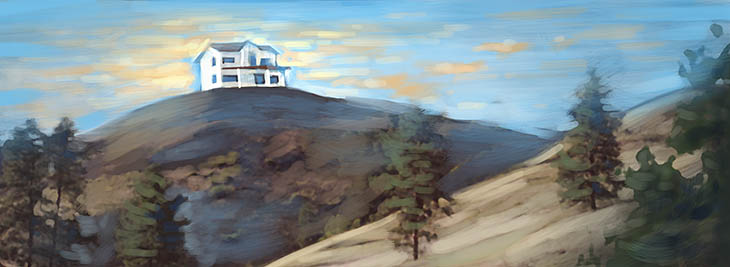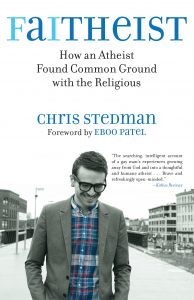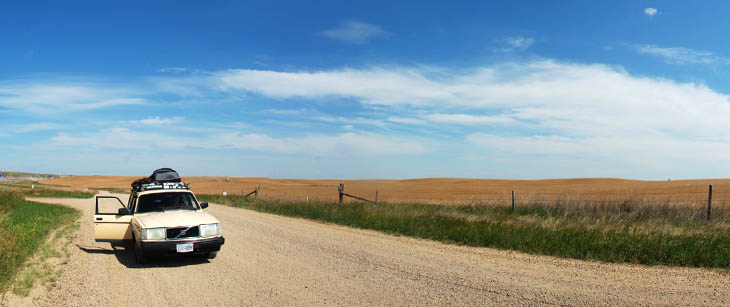This article was originally published at the defunct Skepticblog.org on Dec 22, 2009. An archived version is available here.

NASA visualization of arctic surface warming trends. NASA/Goddard Space Flight Center, Scientific Visualization Studio, Larry Stock, Robert Gersten
Skeptical bloggers were swift to respond. Critics (including PZ Myers, Orac, Sean Carroll, and James Hrynyshyn) chastised Randi for speaking outside his domain expertise; for dissenting from current consensus science; and for lending his name to the disreputable “Oregon Petition Project.” Others, like Phil Plait, corrected Randi while sensibly reminding us that “anyone, everyone, is capable of making mistakes.” And, inevitably, global warming deniers seized upon the event. (One headline, at Britain’s Telegraph.co.uk, gleefully crowed “James Randi forced to recant by Warmist thugs for showing wrong kind of scepticism.”) Read more
 Robert Heinlein’s classic 1961 sci-fi novel Stranger in a Strange Land includes a passage I’ve often thought of as a parable for scientific skepticism.
Robert Heinlein’s classic 1961 sci-fi novel Stranger in a Strange Land includes a passage I’ve often thought of as a parable for scientific skepticism.
